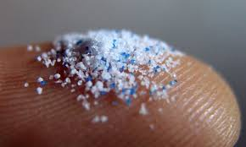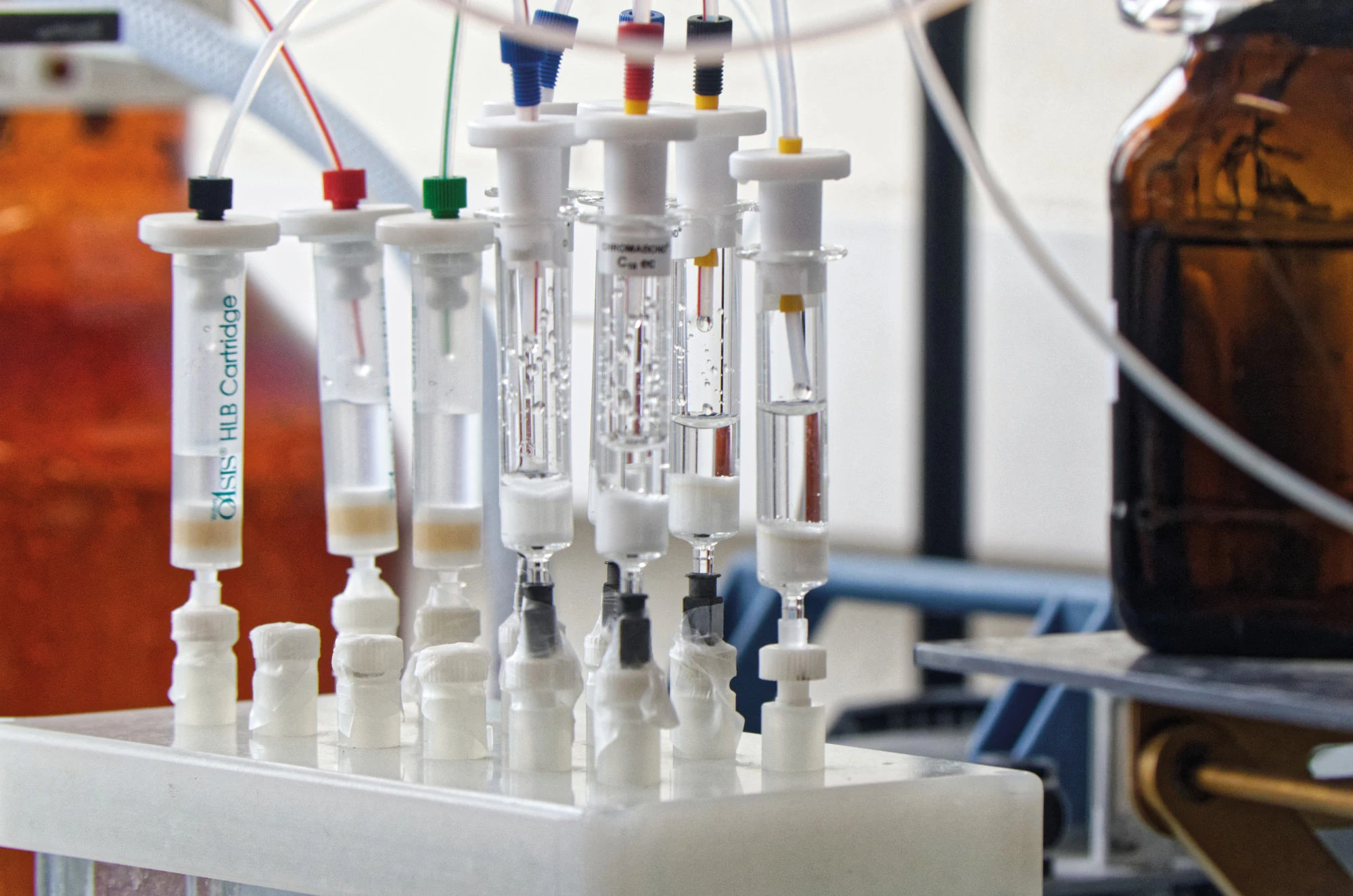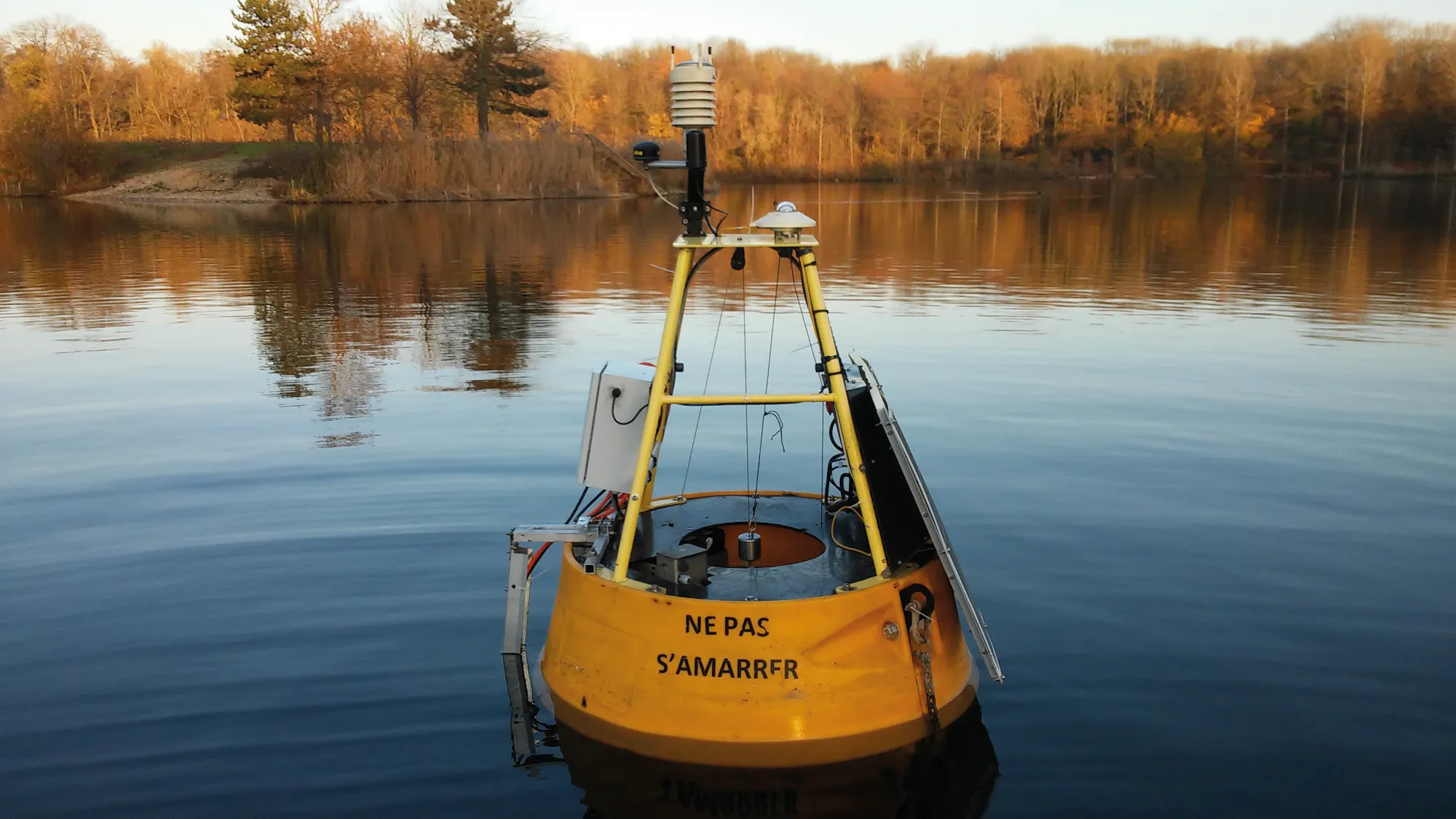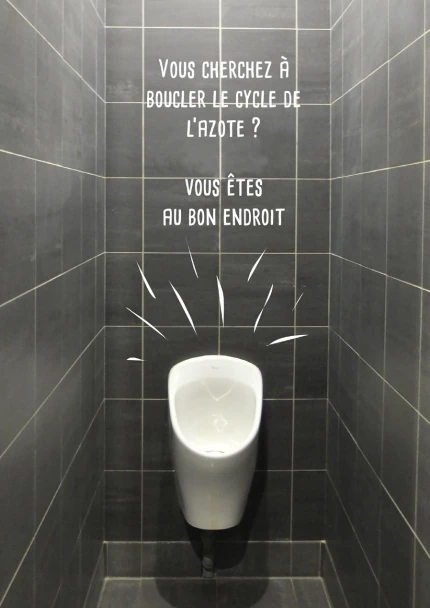- Recrutements
- Contacts
- Annuaires
- Choix du langage :
Dernières publications
935.
- titre
- Assessing water quality restoration measures in Lake Pampulha (Brazil) through remote sensing imagery
- auteur
- Alexandre Assunção, Talita Silva, Lino de Carvalho, Brigitte Vinçon-Leite
- article
- Environmental Science and Pollution Research, 2025, ⟨10.1007/s11356-025-35914-6⟩
- titre
- Do suspended particles matter for wastewater-based epidemiology?
- auteur
- Gauthier Bernier-Turpin, Régis Moilleron, Chloé Cenik, Fabrice Alliot, Sabrina Guérin-Rechdaoui, Thomas Thiebault
- article
- Water Research, In press, 280, pp.123543. ⟨10.1016/j.watres.2025.123543⟩
- titre
- Plastic debris dataset on the Seine riverbanks: up to 38 000 pre-production plastic pellets reported per square meter
- auteur
- Romain Tramoy, Laurent Colasse, Johnny Gasperi, Bruno Tassin
- article
- Data in Brief, 2025, pp.111735. ⟨10.1016/j.dib.2025.111735⟩
- titre
- La persistance des champs d’épandage d’eaux usées de l’agglomération parisienne au cours du second XXe siècle
- auteur
- Etienne Dufour
- article
- Métropolitiques, 2025, ⟨10.56698/metropolitiques.2174⟩
- titre
- Stock and vertical distribution of microplastics and tire and road wear particles into the soils of a high-traffic roadside biofiltration swale
- auteur
- Max Beaurepaire, Tiago de Oliveira, Johnny Gasperi, Romain Tramoy, Mohamed Saad, Bruno Tassin, Rachid Dris
- article
- Environmental Pollution, 2025, 373, pp.126092. ⟨10.1016/j.envpol.2025.126092⟩
Offre de stage de M2 au Leesu et au CERTES en 2023 : microbial proliferation on raw earth materials
publié le
Le sujet de stage concerne l’évaluation des cinétiques de développement microbiens dans les matériaux en terre crue en fonction des conditions environnementales et des caractéristiques du matériau, afin d’évaluer les risques potentiels pour l’environnement intérieur et les conditions d’utilisation de ces matériaux.
Contexte scientifique du stage
Buildings of the future are called to meet increasingly high-performance requirements and to ensure adequate comfort for residents. Most of the countries all over the world cope with issues related to the amount of waste production, energy consumption and carbon dioxide emissions. These issues have stimulated a keen interest in the application of geo and bio-based materials in construction and in the rediscovery of some ancient constructive techniques based on their use. Among these, raw earth material has proved to be particularly interesting for its intrinsic availability, sustainability, and recyclability. Technically, those materials provide very interesting thermal and hydric properties.
Use of raw earth-based materials is currently hindered by the lack of specific legislation regulating its conformity to safety standards in terms of internal air quality for example. The increase of relative humidity in building interior can indeed lead to the proliferation of microorganisms and a release of several harmful compounds, such as volatile organic compounds, toxins, parietal compounds or spores, which may induce health issues for inhabitants. Little is currently known about the risks of microbial growth associated with the use of raw earth materials in construction. Further characterization is therefore necessary to know the behavior of these materials in the different contexts of use and environmental conditions.
Objectifs du stage
This internship topic aims to set up and perform different methods to characterize microbial proliferation on raw earth construction materials. These approaches will be based on conventional culture, optical microscopy and molecular biology techniques (qPCR). The quantification and identification of microorganisms present on the surface and inside the raw earth materials will be carried out for samples subjected to different humidity (water vapor, liquid water) and temperature conditions. These results will then be put into perspective with the use of different formulations and methods of preparation of the raw earth samples. Finally, potential solid particles caused by this phenomenon and suspended in the air would be collected and analyzed to assess the impact of such incidents on internal air quality. Thus, it will be possible to determine the conditions of use and risk for these materials.
Conditions du stage et de dépôt de candidature
Internship dates : The internship will start at the beginning of February 2023 and will last 6 months.
Workplace : The internship will mainly take place at the IUT Sénart-Fontainebleau as well as the LEESU and CERTES laboratories (Créteil & Moissy-Cramayel, France).
Contacts :
• Alexis Simon
Recruitment : Send a resume and a cover letter to Alexis Simons : alexis.simons[at]iutsf.org ; and Hamza Allam : allam.hamza[at]u-pec.fr. An interview will be organized.
Offre de stage complète : fichier PDF









 Productions scientifiques
Productions scientifiques Moyens techniques et équipements
Moyens techniques et équipements Expertise et disciplines
Expertise et disciplines


